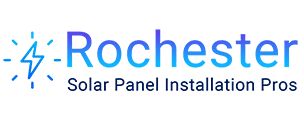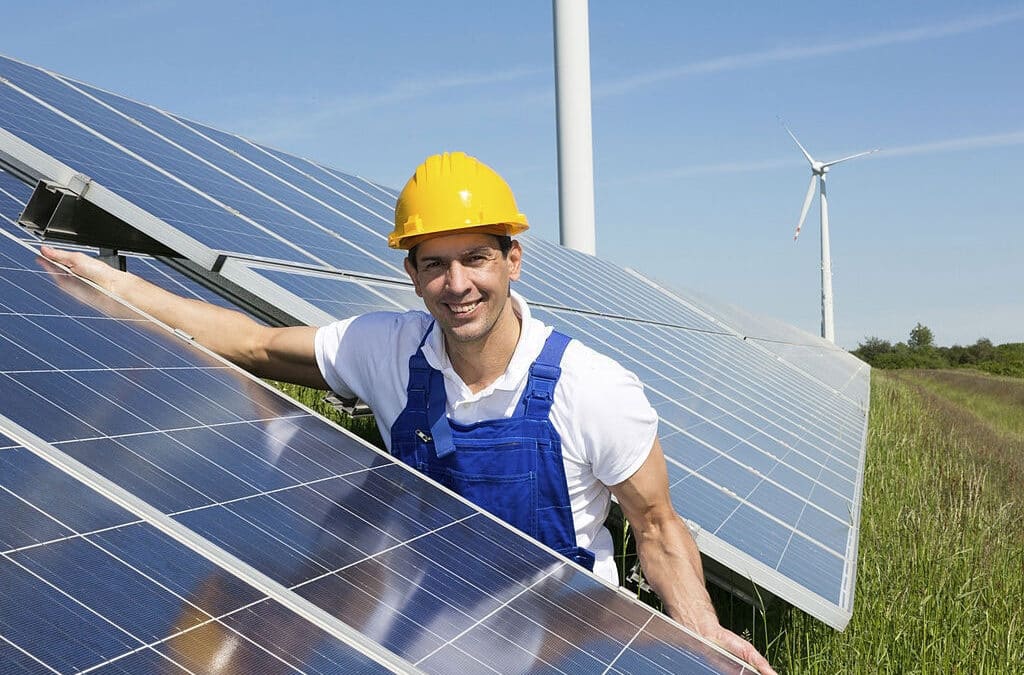Commercial solar energy is rapidly growing as one of the greenest, fastest-growing segments in the residential and commercial sectors. More people than ever are turning to solar energy and businesses are realizing the tremendous benefits of investing in solar energy. The cost of solar panels is coming down while the overall benefit to your bottom line is growing by leaps and bounds. Whether you are interested in a new system or upgrading an existing system, there are several steps you can take to make the most of your investment and enjoy the benefits of solar energy in your commercial building.
Commercial solar panel installations are professionally designed, customized, grid-tied solar energy systems for commercial buildings only. Freedom Solar specializes in the installation of solar panels for commercial buildings, monitors, meets, and maintains commercial solar energy systems, works closely with companies to optimize your return on investment for your business, qualify for various rebates, and secure low risk/low-cost loans for your commercial solar energy system installation. This does not include the purchase of commercial solar energy systems or any related products. The commercial solar installation is provided by professionals who understand the product and the installation process, and the importance of planning and budgeting carefully to achieve your desired results and goals.
One of the most common questions about commercial solar installation is how long the installation will take. There really is not any limit to the time it will take to get new solar panels on your building’s roof. Depending on the size of your business and the amount of sun your building gets each day, it could take several months, up to two years, for you to recoup the cost of installation. You cannot increase the size of your solar panels once the equipment has been installed, so it is important to keep this in mind.
There are many different kinds of roofing materials available today to help reduce the maintenance needed. In addition to flat roofs, there are helical and pitched roofs, both of which work well with commercial solar installation. Flat roofs are easier to maintain and easier to replace but do not work well with large arrays of solar panels. Helical and pitched roofs are designed specifically to work well with solar panels, but are a little more difficult to install. These larger residential roofing systems are typically supported by tiebacks and are almost permanently attached to the home, but they will need occasional re-drilling for water drainage.
It is extremely important to use qualified professionals to complete the entire commercial solar installation process. The reason why is because if you attempt to install solar panels on your own without the proper training and knowledge, you could cause damage to your building and permanent damage to your batteries. It would also be extremely difficult and dangerous to attempt to do the entire procedure without the help of someone familiar with the entire commercial solar installation process. Not only would you not complete the job properly, but you could very well be doing damage to your roof as well. There are several ways to find qualified professionals who can perform the installation for you, but one of the easiest is to search for them online.
When installing commercial solar systems, it is important to consider the location of your rooftop in order to determine how many panels you will need. This will determine the size and style of the system that you will need to purchase and install. For example, if you live in an area where sunlight is abundant and the cost of solar energy is affordable, you may not need a large system. However, if your region has very cold winters and receives little sunshine, or if your region is plagued by extreme weather patterns where sunlight is scarce, you may want to purchase and install larger residential and commercial solar energy systems.
Before you even begin the commercial installation process, you must make sure that you have the proper information. You will need to know the total cost of your energy grid to determine whether or not the installation is viable. Once you know how much you will spend on the installation, you must find out if your local utility company offers solar energy grid interconnection. If they do, you may be eligible for a discount on your electricity.
Many people do not realize how significant tax incentives are for purchasing and installing commercial solar panels. The most common incentive program is federal tax liability reduction. You can expect to see a significant tax break if you choose to go solar because it will allow you to reduce your electric bill. In addition to tax incentives, there are numerous other programs and rebates that you may qualify for to help you with the cost of installation and maintenance.

